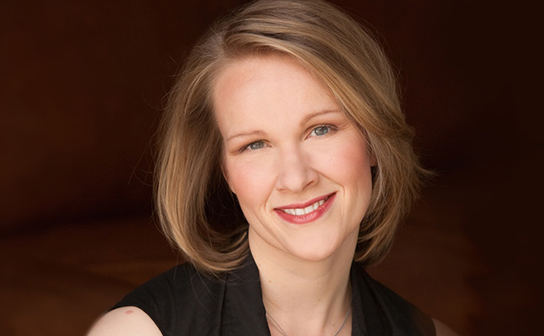The Dunedin Consort are one of the jewels in Scotland’s cultural life. They are the leading baroque ensemble in Scotland—arguably in Britain—and they have been the recipients of numerous awards, including Gramophone’s record of the year twice, in their twenty years of existence. Therefore, the classical music scene was shocked when their funding was cut in Creative Scotland’s latest controversial budget. No one can understand the thinking behind Creative Scotland’s plans, and already two board members have resigned in protest at their decisions, whilst other critics have suggested the wholesale sacking of the board and the chief executive, Janet Archer.
What, you might say, has this got to do with a concert review? The answer lies in its title, Coffee and Enlightenment. This picks up on what happened in Bach’s time in the 18th century, when coffee houses were at the centre of political and cultural debate in Germany. Also, of course, Scotland was at the centre of the Enlightenment, with great Scottish thinkers, such as Adam Smith and David Hume, regularly in contact with European thinkers. Edinburgh and Glasgow also had regular “salons” where the ideas of the time were debated.
The relationship and importance of music to culture was very much part of the debates in the salon. Therefore, it is entirely appropriate that the decision to cut the grant to the Dunedin Consort became the central question in the “coffee house” discussion during interval of the concert. Muir Russell, the chair of the board of the Dunedin Consort (and former top civil servant in Scotland) raises it in his introduction to the concert, and it is a central feature of the discussion in the coffee interval, led by both philosopher, Tom Jones, from the University of St Andrews, and John Butt, the conductor of the Dunedin.
Tom Jones outlines the relationship between the ideas of the Enlightenment and the culture of the period, and your critic suggests that we should harness the passion of the music to inspire us to intervene in the debate, by writing letters and lobbying our representatives to reverse the cut in the Dunedin’s funding.
The concert itself is sublime. It begins with a very fine bassoon concerto by Graupner, a contemporary of Bach’s. It is a very difficult work, but is superbly played by Irish bassoonist, Peter Whelan. The concert continues with a wedding song by J.C. Bach, one of J.S. Bach’s musical children. The song is superbly sung by international star soprano, Joanne Lunn, and is perhaps the lustiest Bach song ever heard! The first half of the concert concludes with a short work by Georg Muffat, a French composer (but from a Scottish family), and it provides a lively introduction to our coffee interval debate.
After our lively coffee and biscuits debate, the concert resumes with another work by Muffat, the Sonata No. 2, which is full of wonderful melodies. Indeed, its melodies are so good that Handel borrowed one for his opera, Agrippina! Finally, the concert concludes with a lovely wedding cantata by J.S. Bach, which is just as amorous as that by his son in the first half. Lunn sings it beautifully with great dramatic presentation, and it gets a great response from the packed audience at the City of Edinburgh Methodist Church in Nicolson Square, so much so that Butt gives us the last aria as an encore.
So this innovation of a Coffee Concert, with ideas and debate, is a great success. What a pity it also marks a threat to the continued Scottish performances of the Dunedin Consort. As Butt says, “people all over the world will wonder what is wrong with a country that doesn’t recognise the quality of our music, which is celebrated everywhere.” However, this story hasn’t been concluded yet—Creative Scotland is holding emergency meetings: watch this space!
